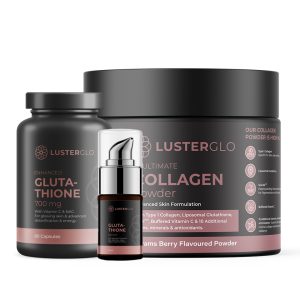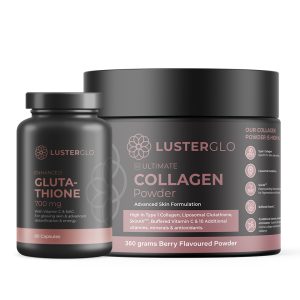Chemical Peel For Hyperpigmentation
While there are a lot of mysteries in the world, one thing that isn’t a mystery is how hormonal influences affect your skin. Hormones are chemicals that regulate the way your body works, and they’re produced by glands in your body. Glands are tiny organs that make stuff like hormones and enzymes and store them until they’re needed. Oftentimes they’re pretty small, too – like the ones inside your body that make digestive juices or lubricate your joints.
When we say hormone imbalance, we mean that some hormone or hormones are being produced at a higher or lower rate than they should be. When this happens, it can create some issues including hyperpigmentation.
What Is Hormonal Hyperpigmentation?
Hormonal hyperpigmentation is usually a condition that affects women who are pregnant or taking birth control pills or other medications with hormones in them. It’s most often seen in people who already have darker skin tones. This condition causes patches of dark skin to appear on certain areas of the face – around the eyes, sides of nose and forehead area – as well as upper lip area between mouth corners and chin line above lips.
How Do Hormonal Influences Affect Skin Pigmentation?
Hormonal changes due to pregnancy, birth control, menopause, or other conditions can trigger hyperpigmentation. This happens because hormones influence melanin production, which is what gives your skin its pigment. Hormones are chemicals that regulate the way your body works, and they’re produced by glands in your body. And glands are tiny organs that make stuff like hormones and enzymes and store them until they’re needed – like the ones inside your body that make digestive juices or lubricate your joints.
Does Hormonal Hyperpigmentation Go Away?
The good news about hormonal hyperpigmentation is that it usually goes away on its own when hormone levels return to normal. So if you had the problem during pregnancy and then after you gave birth or during menopause and then after menopause was over, it should clear up on its own.
But there are some cases where it might not go away on its own—it could last for years or even be permanent. And how long it takes to go away can vary from person-to-person, depending on how sensitive they are to hormones and other factors such as genetics and skin color. So if your hyperpigmentation doesn’t clear up right away, don’t panic—it just might take a little longer than expected!
How To Treat Hyperpigmentation Due To Hormonal Imbalances?
If you’ve got hyperpigmentation due to hormonal imbalance, there’s no need to panic. For many people, it’s a simple matter of cutting down on how much stress they’re experiencing—and/or taking a break from the birth control that’s causing the issue.
But if that doesn’t solve your problem, don’t worry! There are some other options you can try out.
For example, did you know that glutathione is an effective treatment for hyperpigmentation? It works by blocking melanin production in the body, so it can help your skin to heal from dark spots and return to its natural color. Plus, glutathione has some other health benefits too, so it’s worth adding it to your routine (especially if you’re already taking supplements for other reasons). Here’s how to get started:
-
Sale!

Collagen, Capsules & Serum
R2,185.00Original price was: R2,185.00.R1,695.00Current price is: R1,695.00. Add to basket -
Sale!

Collagen & Capsules
R1,295.00Original price was: R1,295.00.R1,095.00Current price is: R1,095.00. Add to basket -
Sale!

Collagen & Serum
R1,695.00Original price was: R1,695.00.R1,495.00Current price is: R1,495.00. Add to basket
Website Information
Newsletter
Sign up and earn 90 Glo Points on your first order. Be the first to discover our new arrivals and exclusive offers.




